Ancient Wisdom: The Role of Elders in African Communities
Ancestral wisdom plays a crucial role in shaping the values and traditions of African communities. Elders serve as the guardians of this wisdom, guiding younger generations through teachings and shared experiences. The importance of these elders lies in their ability to connect the past with the present, ensuring that cultural knowledge is preserved and adapted for future generations.
In many African societies, the elders are not just respected figures; they are key decision-makers and community leaders. Their insights foster unity and understanding among members, especially in times of conflict or change. Elders help navigate the challenges posed by modernization while emphasizing the importance of cultural identity and social responsibility.
The teachings passed down from these wise individuals continue to influence governance and community development. Their roles are more important than ever as societies evolve, highlighting the enduring value of ancestral wisdom in building resilient communities.
Key Takeaways
- Elders act as vital links between past traditions and present needs.
- Their guidance shapes community governance and fosters social cohesion.
- Ancestral wisdom remains essential for navigating modern challenges in African societies.
The Concept of Ancestral Wisdom in African Cultures
Ancestral wisdom is a core part of many African cultures. It involves knowledge passed down through generations. This knowledge shapes values, beliefs, and practices in communities.
Elders play a crucial role in sharing this wisdom. They are seen as guardians of history and tradition. Their teachings guide younger generations in moral and ethical matters.
Some key aspects of ancestral wisdom include:
- Respect for nature: Many cultures emphasize living in harmony with the environment.
- Community focus: The well-being of the group is often prioritized over individual needs.
- Spiritual beliefs: Spirituality is closely linked to the wisdom shared by ancestors.
Ancestral stories and proverbs are common ways to convey important lessons. These stories often reflect community values and life experiences.
In many communities, rituals and ceremonies honor ancestors. This helps keep their teachings alive. The connection between the living and the dead is seen as vital for cultural identity.
Ancestral wisdom continues to influence modern life. It shapes decision-making and conflict resolution within communities. This enduring legacy highlights the importance of traditions in African societies.
Roles of Elders in African Societies
Elders play vital roles in African societies. They serve as guardians of tradition, mediators during conflicts, mentors to the youth, and spiritual leaders. Each of these roles helps maintain social cohesion and cultural continuity within their communities.
Guardians of Tradition and Culture
Elders are key in preserving cultural values and traditions. They pass down stories, customs, and practices that define the identity of their communities. This transfer of knowledge ensures that younger generations understand their heritage.
Elders also organize cultural events and rituals. They teach the importance of these gatherings, which reinforce community bonds. Their involvement in these events helps keep traditions alive and relevant.
Conflict Resolution and Peacemaking
In times of conflict, elders act as mediators. They possess the wisdom to understand different viewpoints. Their experience allows them to suggest fair solutions.
Elders hold discussions that involve all parties, creating a space for dialogue. This approach helps reduce tensions and promotes unity. Their respected status gives them the authority to enforce resolutions.
Mentoring and Youth Guidance
Elders take on the role of mentors for the youth. They provide advice and support that helps young people navigate challenges. This guidance covers various aspects, including education, employment, and relationships.
They often hold gatherings to share life lessons. This creates an environment where the youth feel valued and heard. Elders’ mentorship fosters a sense of responsibility and community among young people.
Spiritual Leadership and Rituals
Elders often hold positions of spiritual authority. They lead important rituals and ceremonies that connect the community to their beliefs. This includes rites of passage and seasonal celebrations.
Their spiritual role is crucial in guiding the community’s moral values. Elders provide counsel during times of hardship, helping people find hope. Through their leadership, they strengthen the community’s faith and resilience.
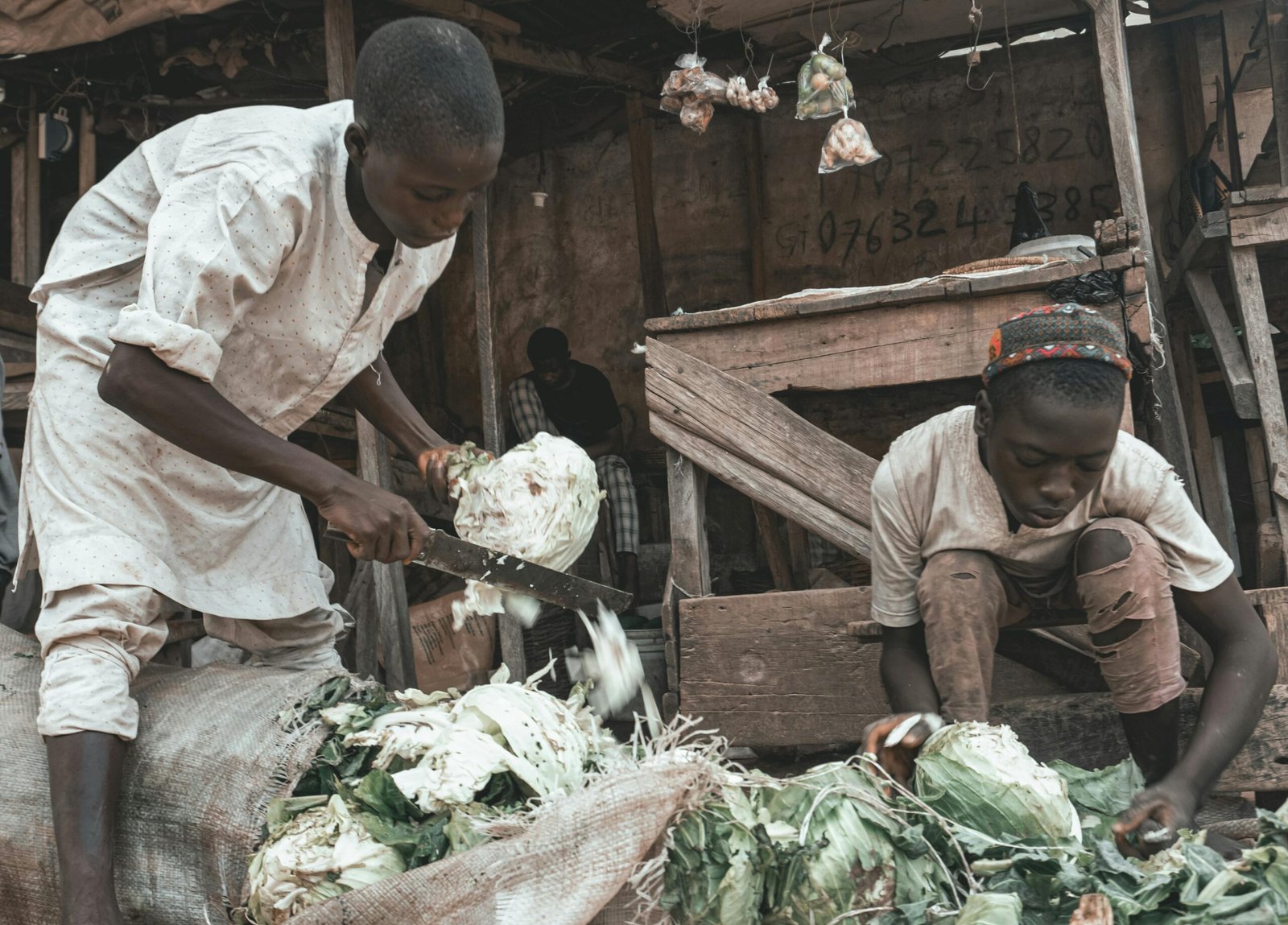

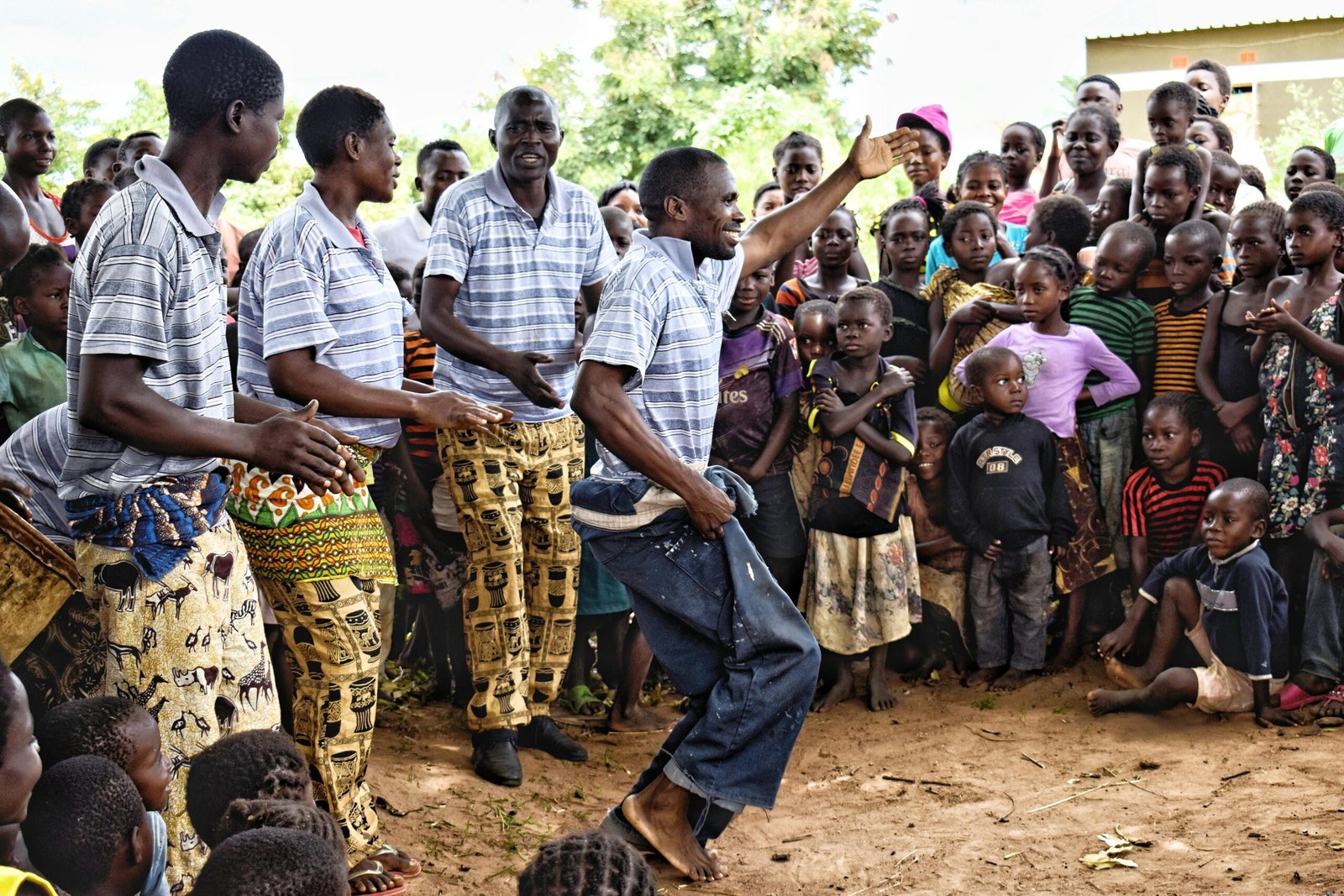


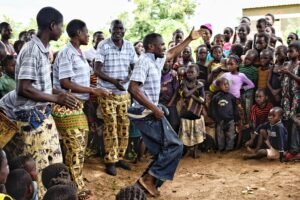

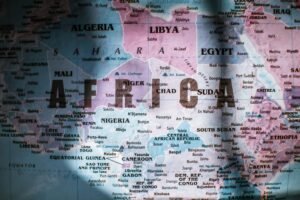
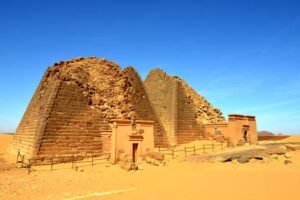
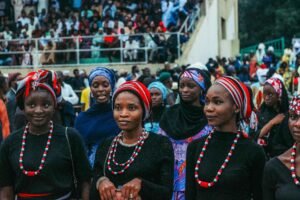

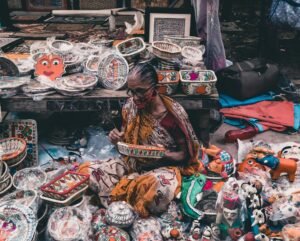
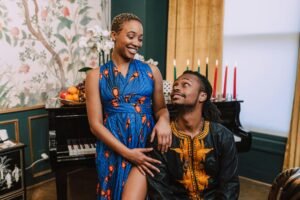

Publicar comentário